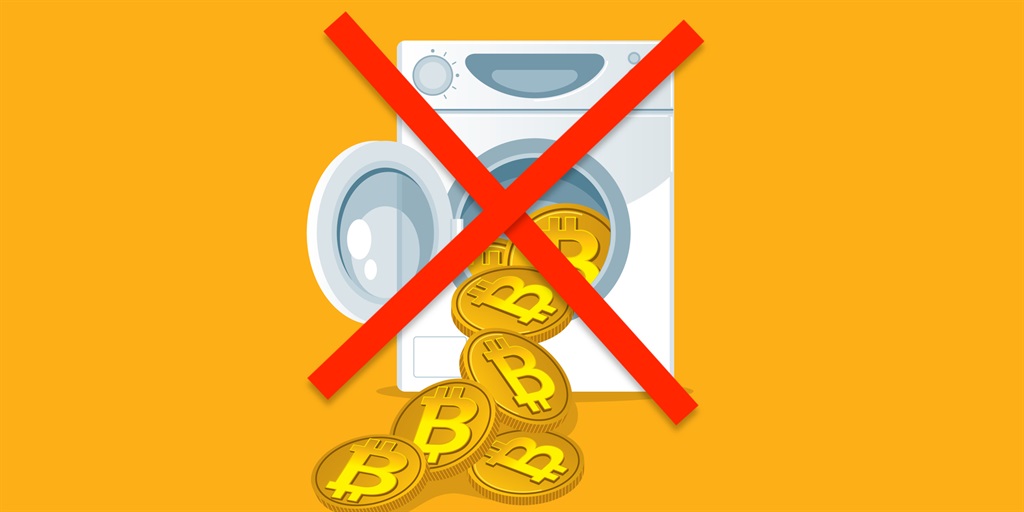- In just over two weeks, it will become legally impossible to deal with cryptocurrency anonymously in South Africa.
- Under the rules updated this week, cryptocurrency exchanges are subject to the December 19th Financial Intelligence Center Act.
- And an exchange is anyone who trades one type of crypto for another or for real money in SA.
- This makes crypto-tokens subject to the same controls as rands for the same reason: to prevent money laundering and terrorist financing.
- For more stories, see www.BusinessInsider.co.za.
Cryptocurrencies like bitcoin will be subject to the same surveillance rules as real money from December 19, thanks to an update to the legislative timetable released this week.
The effect – and clearly stated intention – is to make it legally impossible to conduct anonymous crypto-asset transactions in South Africa in order to combat money laundering and terrorist financing.
As of December 19, Finance Minister Enoch Godongwana has ruled that crypto exchanges will be listed in Schedule 1 of the Financial Intelligence Center Act (FICA), which defines “reportable institutions” under the Act.
Other accountable institutions include banks, real estate agents and foreign exchange traders, and they have a long list of responsibilities to the Financial Intelligence Centre, the agency tasked with detecting criminal money flows. They are required to identify the parties involved in the transactions, keep transaction records (usually for at least five years) and report large transactions as well as anything that looks even remotely suspicious.
Since anyone with internet access can act as a crypto exchange, the new rules use broad definitions. For the purposes of Fica, a crypto exchanger will be any person, including an individual, who buys or sells crypto on behalf of a customer, exchanges one type of crypto for another, or who “transfers crypto assets from one crypto asset address or account to another,” say , selling bitcoins for ether.
Crypto-assets are also broadly defined and specifically exclude only fiat-related coins: any “digital representation of fictitious value” that can be used online to invest or make payments. This covers both cryptocurrencies and similar non-fungible tokens (NFTs), as well as units linked to real assets such as commodities or shares.
Crypto tokens were already being used to launder money in South Africa, the Financial Intelligence Center said during a consultation on what was then a draft plan to bring crypto exchanges under its purview.
“The risk of anonymity when using crypto-assets should be eliminated,” the report says.
FICA compliance creates a heavy administrative burden, and experts have previously warned that not all local crypto providers will survive the transition to full regulation.
South Africa is trying to update laws and regulations to meet the requirements of the Global Financial Action Task Force (FATF), which could gray list SA for not having adequate money laundering safeguards in place. The impact could be as much as 3% of gross domestic product (GDP), according to one estimate.
Close monitoring of transactions is not the only new obligation for crypto exchanges. In October, the Financial Conduct Authority (FSCA) declared crypto-assets as financial assets in South Africa. This means that investors in crypto tokens receive the same level of protection as investors in stocks or mutual funds – and anyone who helps these investors trade crypto or gives advice on investing in crypto must register as a financial services provider.







